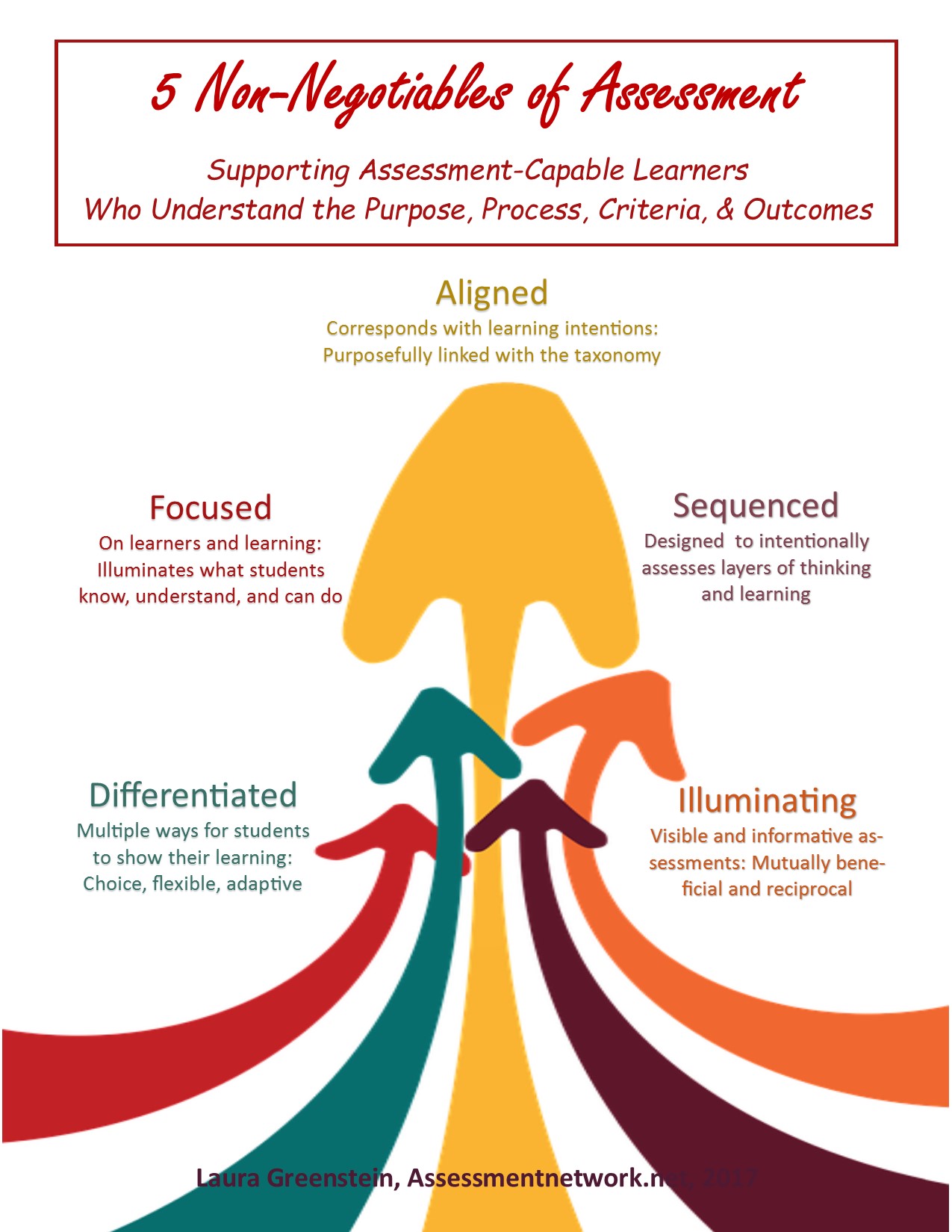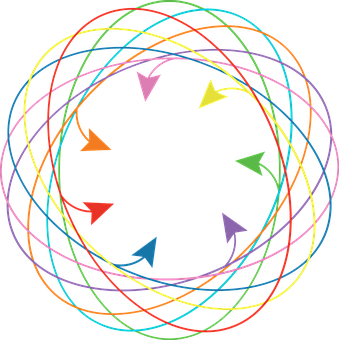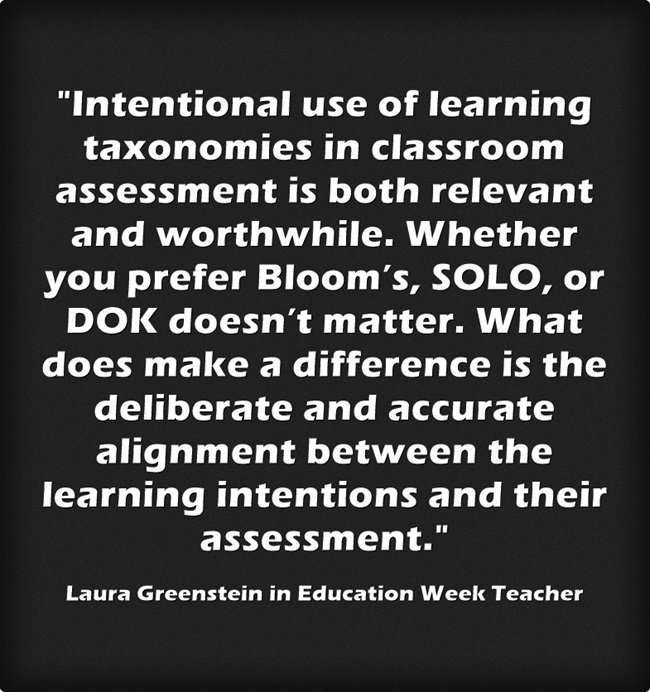TALKING WITH PARENTS ABOUT ASSESSMENT: 5 Things Parents Need to Know

1. Tests and Assessments Are Not the Same
A test examines a student’s knowledge, understanding, and skills to determine what level of learning has been reached. It generally results in a numerical or letter grade.
Assessment involves gathering, analyzing, and responding to a student’s strengths and misconceptions about their learning. It offers informative feedback to the learner and also guides the teacher’s practice: Similar to a BMI that provides a number but not a health analysis or fitness plan. There are times we need a test but more often success is built on assessment.
2. A Standardized Test Is Just a Snapshot
There’s nothing wrong with getting an annual family portrait to provide touchstones of change over time. But in the classroom, assessment that relies on a variety of strategies offers an ongoing kaleidoscope of a child’s skills and abilities. Rather than one test score, it is essential to routinely monitor progress and take steps towards continuous improvement.
3. Encourage and Acknowledge Progress
Children can become discouraged when they don’t get the score or rating they expected. So can adults, athletes, and accountants. With assessment it is okay to make mistakes as long as we learn from them. The goal of assessment is improvement and small steps are important in reaching the big picture goals. It’s not about the learning gaps; it’s how we cross over them.
4. Let’s Work Together: Stay Connected
All of our lives have ups and downs. If your child is going through a rough patch keep the teacher informed of their changing mindset, unusual setbacks, and setups that can support improvement. Follow your child’s progress on your school’s learning management system. Talk with them and their teacher about assignments and assessments, their progress, and what you can do at home to support learning.
5. Grades Don’t Mean Everything
Test scores and report cards do not represent the whole child. Emerging studies show that someone who is dependable or works conscientiously and diligently may be more successful in life than the one who studies 12 hours a day and gets high test scores. Maybe the child with a wonderful sense of humor, practical problem-solving skills, and a willingness to help others will go farthest.
“In school you are taught a lesson and then given a test. In life, you are given a test that teaches you a lesson” Tom Bodett






 Telescopes, binoculars, and magnifying glasses each have a purpose in improving our ability to see. Assessment also has many purposes and perspectives. Yet, it is easy to lose sight of its fundamental function: To improve student learning by illuminating outcomes and informing instructional responses. This is achieved through alignment of instruction and assessment with learning intentions. The result is tangible evidence of purposeful learning.
Telescopes, binoculars, and magnifying glasses each have a purpose in improving our ability to see. Assessment also has many purposes and perspectives. Yet, it is easy to lose sight of its fundamental function: To improve student learning by illuminating outcomes and informing instructional responses. This is achieved through alignment of instruction and assessment with learning intentions. The result is tangible evidence of purposeful learning. 1. A telescope provides a big picture view of far-off and often indistinct objects. It may help us see distant galaxies or confirm that the universe is expanding. Big-picture assessments show large-scale data or trends in large numbers of schools and students. This may inform policy decisions, but in general, does not cause significant variations in classroom instruction or student achievement.
1. A telescope provides a big picture view of far-off and often indistinct objects. It may help us see distant galaxies or confirm that the universe is expanding. Big-picture assessments show large-scale data or trends in large numbers of schools and students. This may inform policy decisions, but in general, does not cause significant variations in classroom instruction or student achievement. 2. Binoculars bring things that are somewhat distant into clearer focus. With them we can see the conclusion of a race or people scaling a mountain. In schools, this level of vision can evaluate the relationship between guiding principles and learning outcomes. It can also validate a district’s curriculum or delve into sub-groups of students. As with the telescope, binoculars look at broad issues, but at the school level offer greater potential for influencing local practice.
2. Binoculars bring things that are somewhat distant into clearer focus. With them we can see the conclusion of a race or people scaling a mountain. In schools, this level of vision can evaluate the relationship between guiding principles and learning outcomes. It can also validate a district’s curriculum or delve into sub-groups of students. As with the telescope, binoculars look at broad issues, but at the school level offer greater potential for influencing local practice. 3. A magnifying glass brings learning and assessment up-close and personal. Somewhat like examining a bug or mathematical operations to better understand how and why each part has its place and purpose. This helps teachers know the strength of student’s knowledge and skills as well as recognize lingering gaps. These lenses also improve teacher’s practice by highlighting areas that may need upskilling. (My new favorite word indicating that their abilities are valued, yet can improve.)
3. A magnifying glass brings learning and assessment up-close and personal. Somewhat like examining a bug or mathematical operations to better understand how and why each part has its place and purpose. This helps teachers know the strength of student’s knowledge and skills as well as recognize lingering gaps. These lenses also improve teacher’s practice by highlighting areas that may need upskilling. (My new favorite word indicating that their abilities are valued, yet can improve.) In brief, effective lenses makes assessment intentional, illuminating, and informative.
In brief, effective lenses makes assessment intentional, illuminating, and informative.